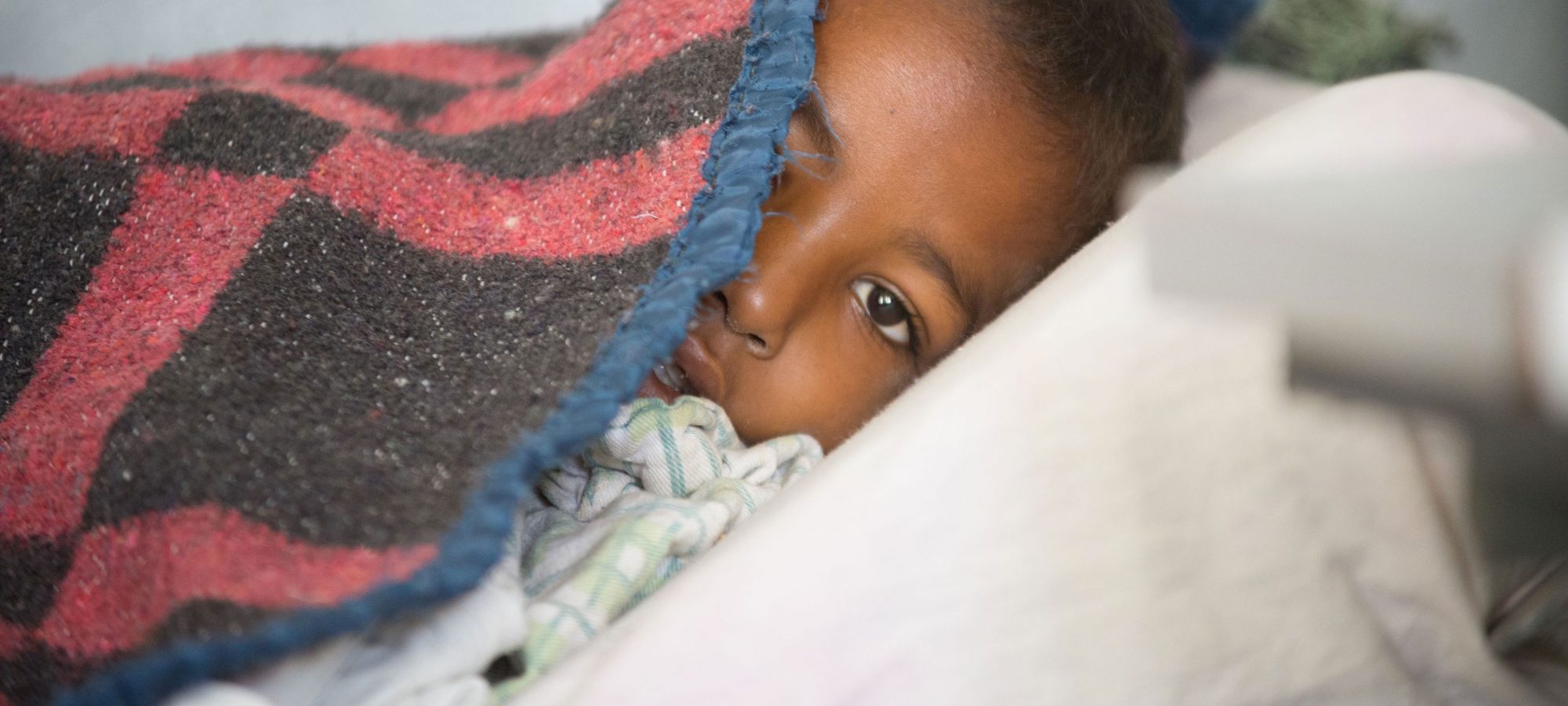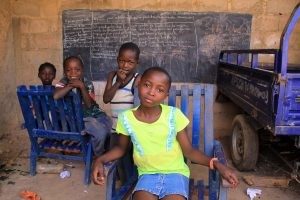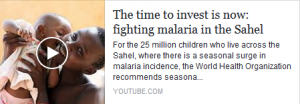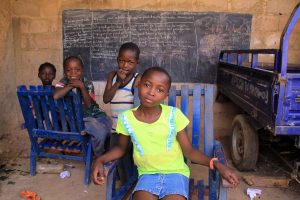 Children in sub-Saharan Africa are 14 times more likely to die before the age of five than those living elsewhere in the world. Preventable and treatable diseases, such as malaria, claim hundreds of thousands of lives each year.
Children in sub-Saharan Africa are 14 times more likely to die before the age of five than those living elsewhere in the world. Preventable and treatable diseases, such as malaria, claim hundreds of thousands of lives each year.
Since 2014, leading players in malaria prevention have come together to deliver seasonal malaria chemoprevention (SMC) to children under five in the Sahel. SMC – a World Health Organization recommended intervention – is an antimalarial medicine given to children each month for up to four months of the rainy season, when 60 percent of malaria cases occur. It provides a high degree of protection, with about 90 percent efficacy and has the potential to reduce cases of malaria by 75 percent.
After concentrated efforts from the UNITAID funded ACCESS-SMC project, led by Malaria Consortium in partnership with Catholic Relief Services, and other organisations’ SMC programmes, roughly 12 million children received SMC in 2016. Over 6.4 million of those children were reached through ACCESS-SMC across seven countries[1].
Many children will still miss out on receiving SMC in 2017 though, due to lack of funding and production capacity for quality assured medicines used in SMC (SP+AQ). Nine million children in Nigeria alone, will remain unprotected this rainy season.
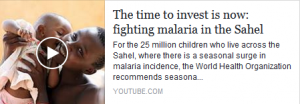 With areas in the Sahel having the highest incidence of malaria in the world, it is time to look towards reaching all 25 million eligible children. For less than $5, one child is protected with SMC each year. To support our continued efforts as a GiveWell Top Charity protecting all 25 million children in the Sahel from malaria visit http://www.givewell.org/charities/malaria-consortium.
With areas in the Sahel having the highest incidence of malaria in the world, it is time to look towards reaching all 25 million eligible children. For less than $5, one child is protected with SMC each year. To support our continued efforts as a GiveWell Top Charity protecting all 25 million children in the Sahel from malaria visit http://www.givewell.org/charities/malaria-consortium.
[1] Burkina Faso, Chad, Guinea, Mali, Niger, Nigeria, The Gambia
